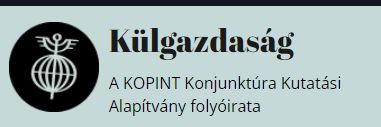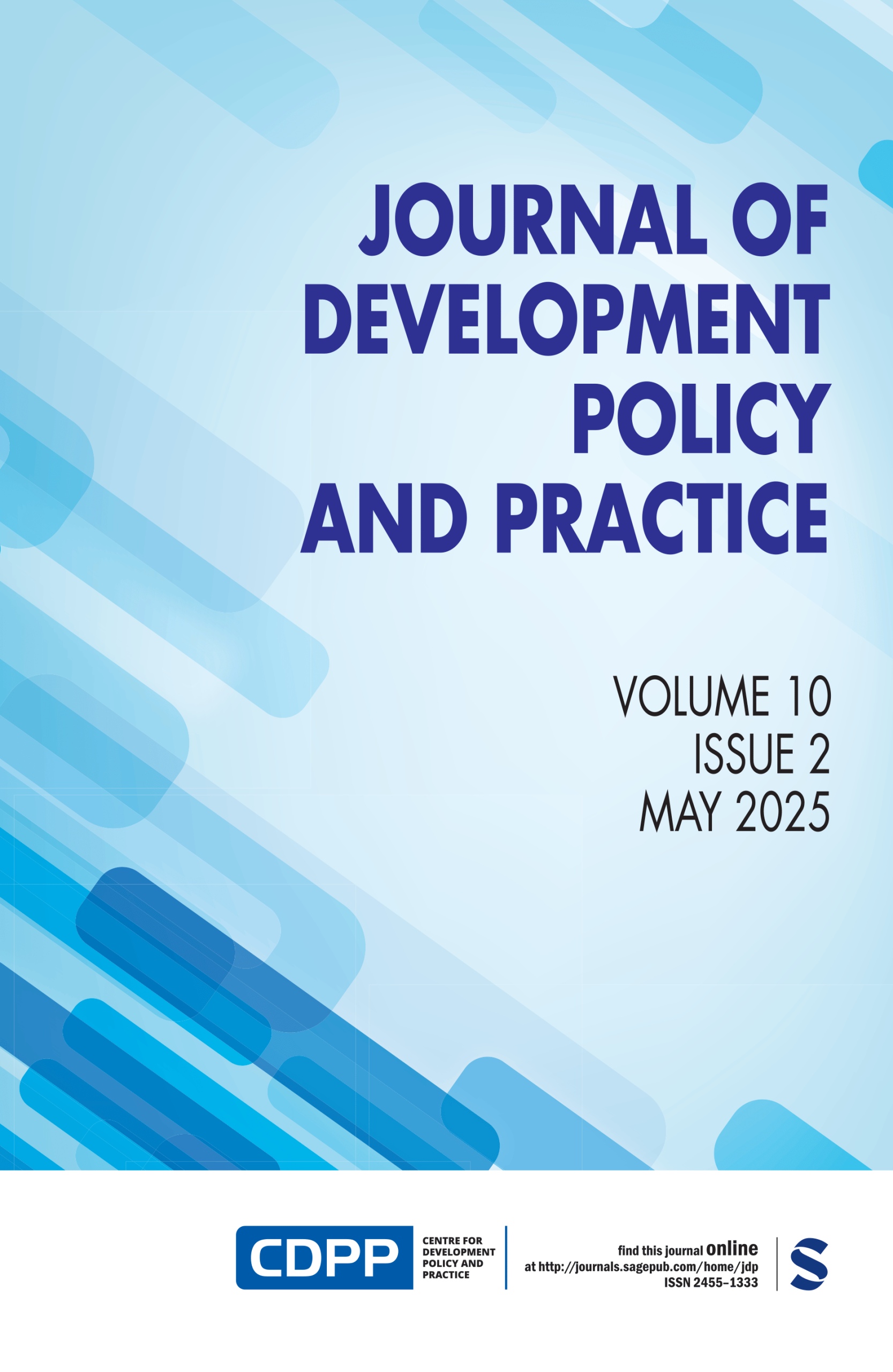2022.09.22. 13:00-15:00
Abstract
This article analyzes the problem of an independent inventor licensing a process innovation to firms with different efficiency levels. By assuming a per-unit royalty contract, this article shows that complete adoption of the innovation is an equilibrium only if i) the new technology is sufficiently more efficient than the best one available in the market or ii) if the firms have similar efficiency levels. Moreover, I disentangle two distinct forces that influence the innovator’s choice: a price effect (PE) and a market share effect (MSE). The former highlight the asymmetry in willingness to pay for the new technology. The inefficient firms, which benefit the most from the cost-reducing innovation, are willing to pay a higher price than their efficient rivals to become licensees. The latter illustrates the innovator’s aim to maximize the volume of royalties collected by licensing to many firms. When PE dominates MSE, the patent holder sets a higher royalty rate and attracts fewer, less efficient firms. Otherwise, if MSE dominates, the patent holder lowers the royalty rate and attracts more firms to reach as many consumers as possible.
From a policy perspective, I show that royalty licensing improves consumer welfare and that the positive effect increases with the number of licensees.









